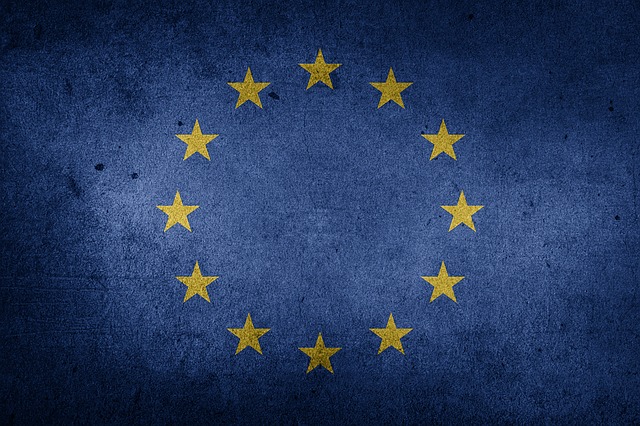On 12 February 2020, the European Parliament adopted a resolution on Automated decision-making processes: Ensuring consumer protection and free movement of goods and services.
The resolution reacts on the changes and developments in providing services to consumers, namely on automated decision-making and new services, such as chatbots or virtual assistants, and emphasizes the need to properly inform consumers about functioning of such automated decision-making systems. The resolution provides examples of applications that need to be monitored: personalization of prices of goods and services, geo-blocking and potential discrimination based on nationality, place of residence or temporary location, potential consumer choice limitation, and alternative dispute resolution mechanisms.
The EP stresses out the need to adapt European legislation on safety rules with regard to automated decision-making systems while adopting the risk-based approach. With regard to services, the EP proclaims that “humans must always be ultimately responsible for, and able to overrule, decisions that are taken in the context of professional services such as the medical, legal and accounting professions, and for the banking sector”. Finally, the EP states that automated decision-making is highly dependent on data that need to be of high-quality and unbiased. Moreover, algorithms used should also be unbiased and explainable. In order to remedy potential mistakes, review structures (human review of automated decisions) need to be put in place.
